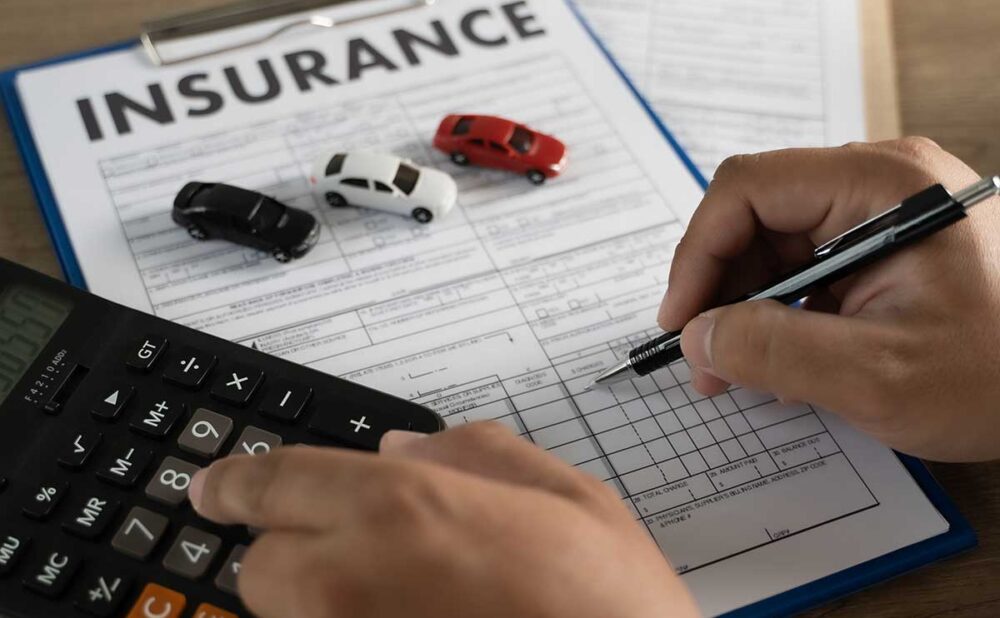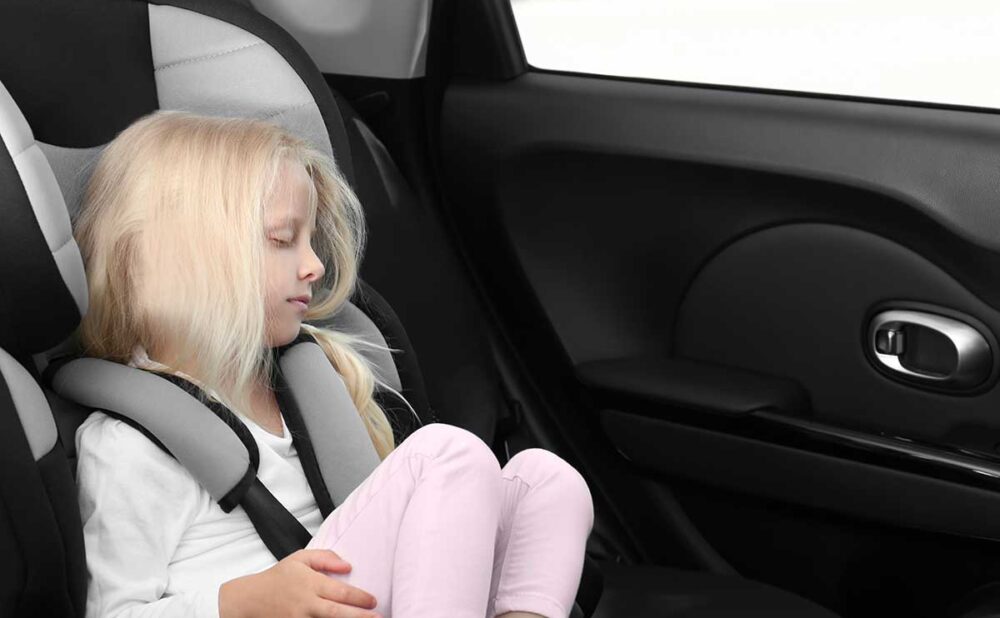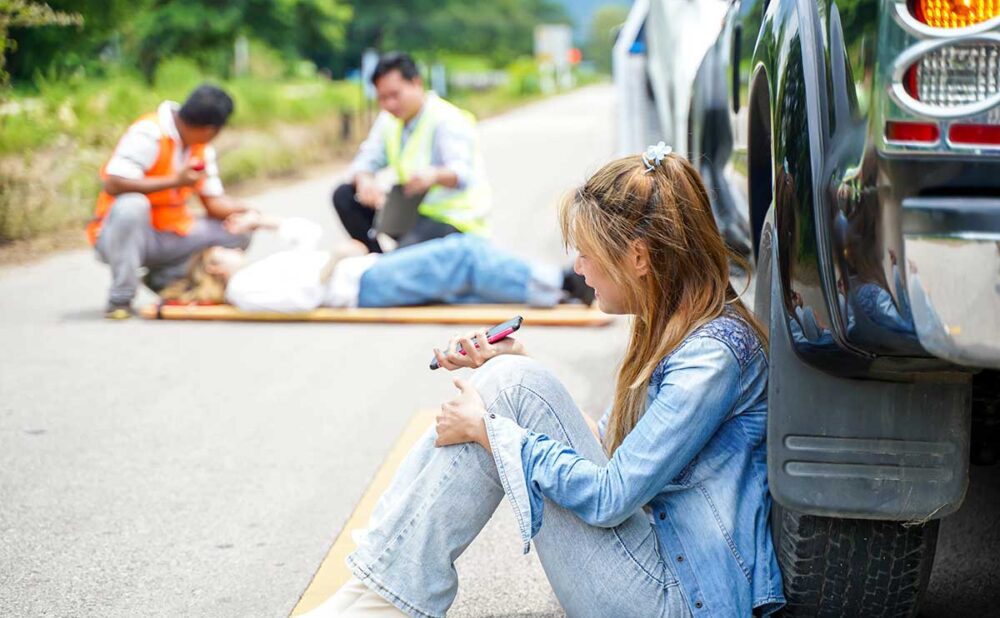Understanding Hit and Run Liability in Georgia What You Need to Know
As experienced car accident attorneys, we understand how traumatic a hit and run accident can be. You’re left with injuries, damage to your vehicle, and no way of identifying the driver responsible for the accident. However, even in such a frustrating situation, you may still be able to seek compensation for your damages.
In this article, we will provide you with a comprehensive guide to hit and run liability, including what it is, who is responsible, and how to pursue compensation.
What is Hit and Run Liability?
Hit and run liability refers to the legal responsibility of a driver who leaves the scene of an accident without providing their contact and insurance information to the other driver or to the authorities. In most states, it is illegal to leave the scene of an accident.
If the other driver leaves the scene of a wreck, it is usually because they want to avoid responsibility, criminal or civil. Very often they do not have insurance or are afraid of meeting with or being interviewed by the police. Although rare, someone may leave the scene if they do not appreciate that they have been in a car wreck or that someone was injured.
If you are involved in a hit and run accident, it is essential that you contact the police immediately. The police will create a report that can be used as evidence in your case. This is very important to your claim.
Who is Liable in a Hit and Run Accident?
Determining liability in a hit and run accident can be complicated, as the responsible driver is not present to provide their version of events. However, there are several parties who may be held liable for the accident, including:
- Contact the police immediately. As mentioned earlier, the police report can often be used as evidence in your case (although when and how a police report is admissible as evidence is more complicated).
- Seek medical attention. Even if you do not feel injured, it is essential that you seek medical attention to ensure that you have not sustained any internal injuries. Don’t wait to get medical treatment – go to urgent care or to the emergency department if necessary the same day of the wreck if possible.
- Gather evidence. If possible, take photos of the accident scene, including any damage to your vehicle, and collect contact information from any witnesses. Take note of any video cameras in the area.
- Contact an experienced personal injury attorney. A personal injury attorney can help you navigate the legal system and pursue compensation for your damages. The injury attorneys at The Jewkes Firm have extensive experience with hit and run claims.
Contact an Experienced Hit and Run Attorney
A hit and run accident can be a traumatic experience, but it is important to remember that you may still be able to seek compensation for your damages. If you are involved in a hit and run accident, be sure to follow the steps outlined in this article and contact an experienced personal injury attorney to help you pursue the compensation you deserve.
- The driver who caused the accident. If the police are able to identify the driver who caused the accident and fled the scene, they will be held liable for the damages.
- The registered owner of the vehicle. If the police are unable to identify the driver responsible for the accident, the registered owner of the vehicle may be held liable.
- Your insurance company. If you have uninsured motorist coverage, your insurance company may provide compensation for your damages.
How to Pursue Compensation for a Hit and Run Accident
If you are involved in a hit and run accident, it is essential that you take the following steps to protect your legal rights:
- Contact the police immediately. As mentioned earlier, the police report can often be used as evidence in your case (although when and how a police report is admissible as evidence is more complicated).
- Seek medical attention. Even if you do not feel injured, it is essential that you seek medical attention to ensure that you have not sustained any internal injuries. Don’t wait to get medical treatment – go to urgent care or to the emergency department if necessary the same day of the wreck if possible.
- Gather evidence. If possible, take photos of the accident scene, including any damage to your vehicle, and collect contact information from any witnesses. Take note of any video cameras in the area.
- Contact an experienced personal injury attorney. A personal injury attorney can help you navigate the legal system and pursue compensation for your damages. The injury attorneys at The Jewkes Firm have extensive experience with hit and run claims.
Contact an Experienced Hit and Run Attorney
A hit and run accident can be a traumatic experience, but it is important to remember that you may still be able to seek compensation for your damages. If you are involved in a hit and run accident, be sure to follow the steps outlined in this article and contact an experienced personal injury attorney to help you pursue the compensation you deserve.










